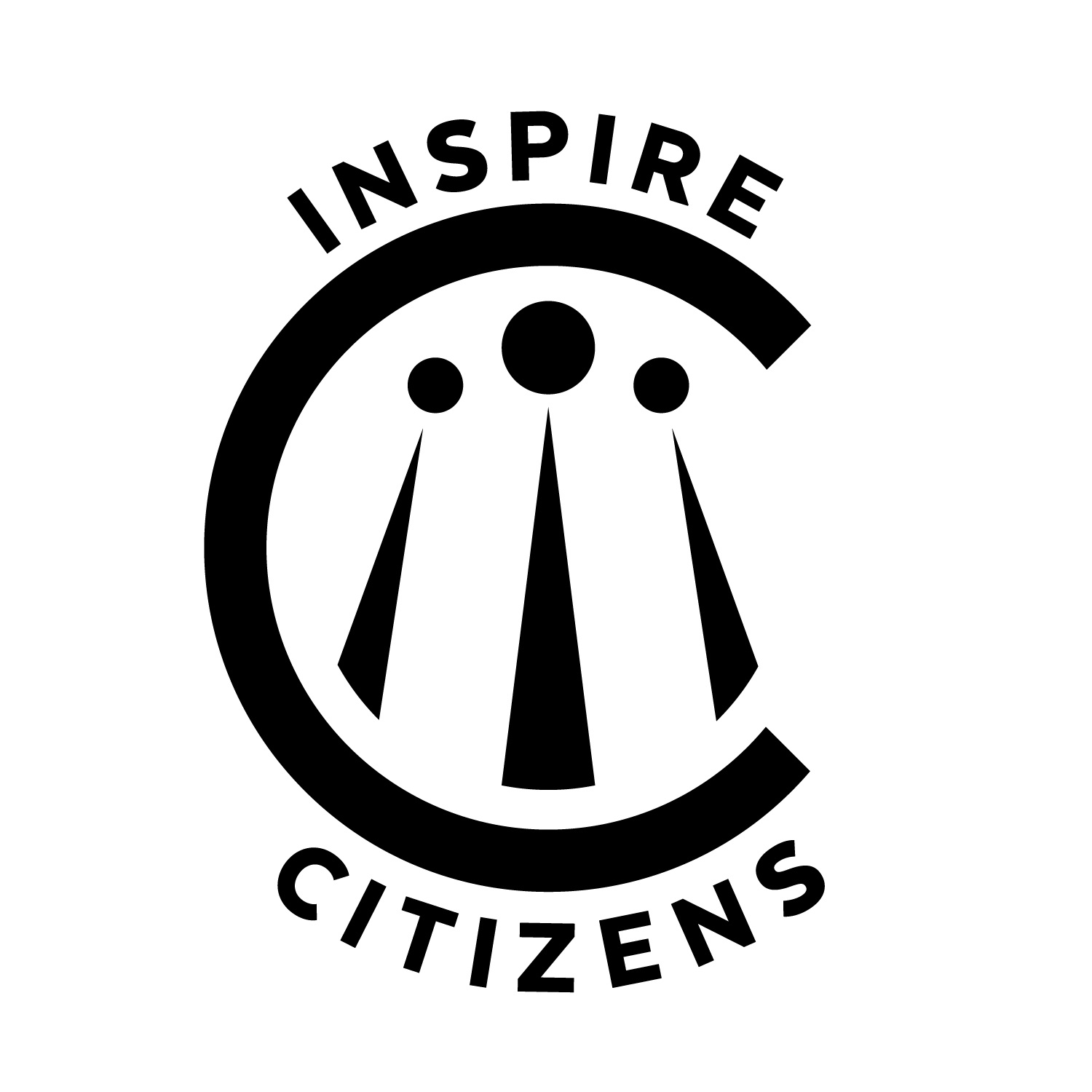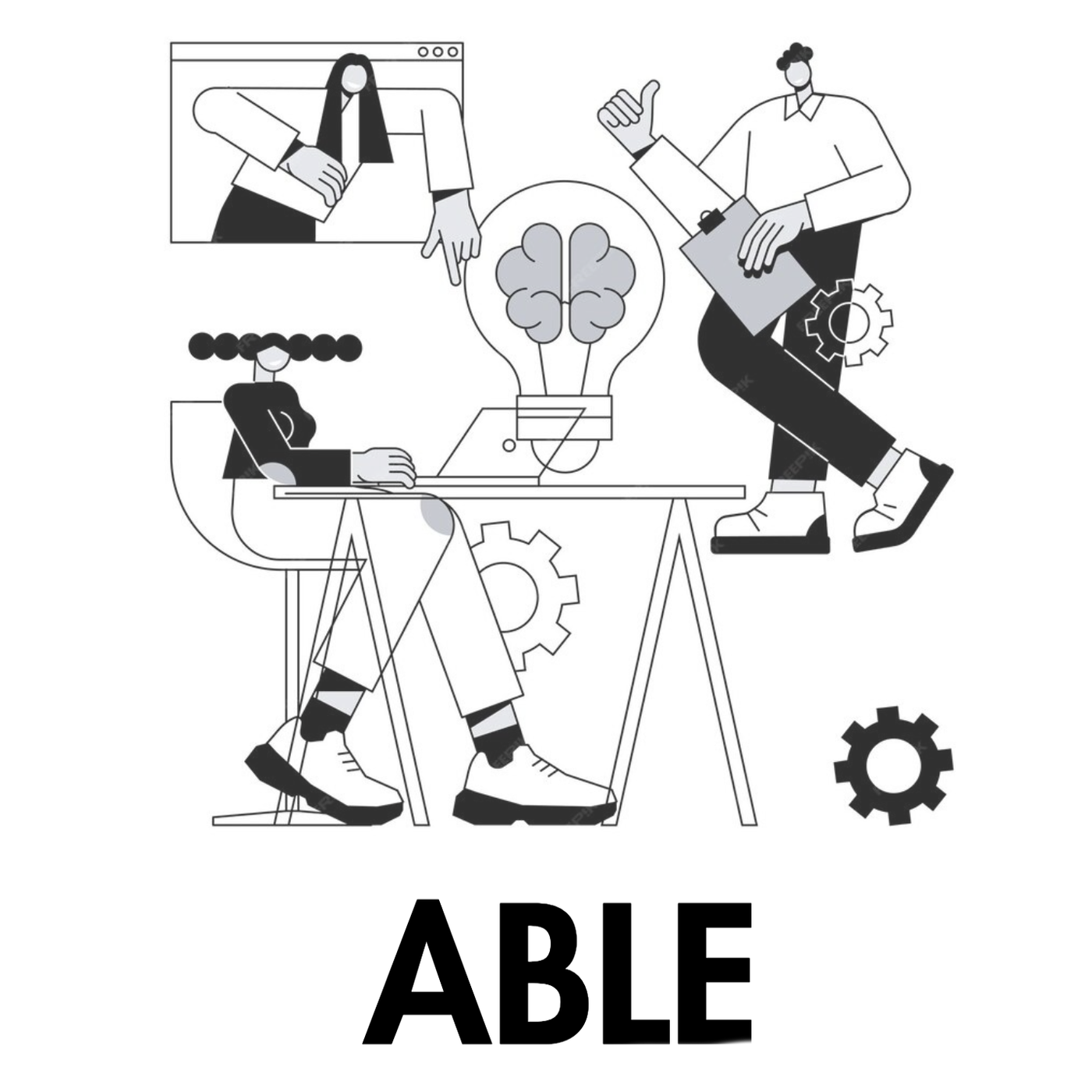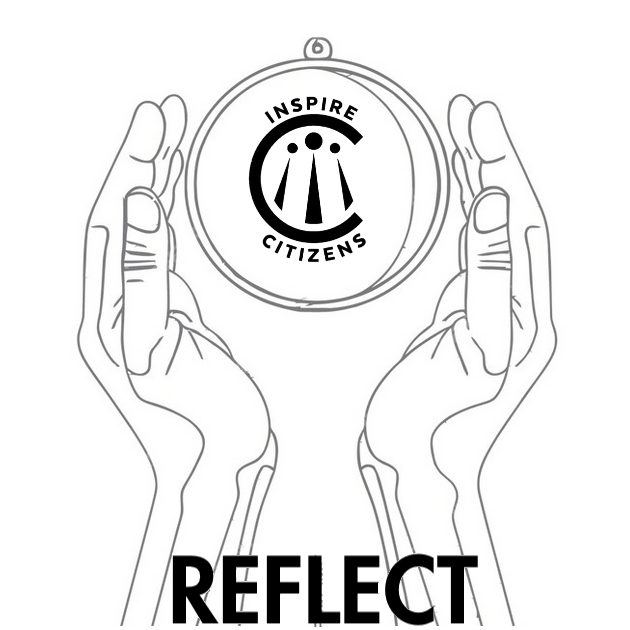EMPATHY TO IMPACT
We help schools develop whole school systems for global citizenship.
Almost every school has a mission that says they develop global citizens,
but very few have an articulated approach on “how” or are
collecting evidence to prove that it’s actually happening.
By starting from a place of empathy, engaging authentically with the community as listeners and learners to understand the issue from their perspective, as well as their strengths and needs, students develop compassion, connection and understanding and through their action have a positive impact on themselves, their community and the planet.
Empathy to Impact is a unit design approach for educators to embed global citizenship into their teaching and learning or into their curricular/co-curricular programs.
Building a Better World For Students
Follow these next stages to level up one of your own units, learning experiences, or programs today.
Phase 1
-
Choose one or two objectives or standards from our Able resources to identify enhanced and applied interdisciplinary learning goals.
Before we start the stages of Empathy or Impact, we need to clarify which knowledge, skills, understandings, or learning objectives we are helping students to develop through this teaching experience.
Phase 2:
-
Choose one or two demonstrable, transformative learning goals from this resource page to inspire proactive changemakers — skills and dispositions that enable student agency and lead towards informed action for a better future.
This is where you ignite student interest and curiosity, prompting them to make a connection within themselves, with their community (near or far) or with nature. This supports student agency as students action their purpose, their “WHY?” (Talent + What the World Needs = Your Vocation)
Phase 3:
-
Choose one or two actions and one or two community partners from our Impact resources to enhance the depth of meaningful engagement and impact. Think through the lenses of community assets as partnerships and audiences built on real relationships over a disconnected service.
As students select and plan the course of their actions, they will also define their measures of success. You will upskill them with strategies and resources for reflecting and gathering data as evidence of the impact of their action. It is an important step in their iteration process, informing their next round of action steps.
Phase 4:
-
Choose one or two tools from our Aware resources that can enhance the critical thinking and research skills needed in this transformative learning experience.
Here you will guide students to authentically investigate the issue they are exploring within their community. The key here is identifying authentic needs, among root causes, to ensure deep impact. You’ll help students analyze and embed their findings keeping their learning journey and action steps targeted and impactful.
Phase 5:
-
Identify what we will be reflecting on. Throughout the unit and develop reflection activities so that we know when and how to collect evidence of the growth of global citizenship.
This is a reflective and celebratory stage for both you as an educator and your students, reviewing students’ learning processes and outcomes together. Here you will identify evidence that this project/unit has contributed toward achieving your school’s mission, vision or values as they relate to global citizenship.
Empathy to Impact Approach Webinar
The HOW of Global Citizenship Curriculum Design
Get Inspired:
Empathy to Impact Podcast
Listen to the voices of students who engage in Empathy to Impact Projects around the globe
Empathy to Impact in action!
Explore vignettes from educators and students around the world that show Empathy to Impact
units, projects, and learning experiences in action.
Deep Partnerships with Local Communities: a Grade 7 Example
At the end of March, grade 7 students at the Colegio Jorge Washington (COJOWA) in Cartagena, Colombia, embarked on a powerful learning investigation. Their goal was to learn more about SDG #5 (gender equality) in the local context; in their social studies and Spanish classes, they began reflecting, questioning and thinking about the local community. (read more)
KG Engineers TV
As a way of sharing their learning, raising awareness about these issues, and taking action in a virtual learning context, students shared their simple machines and how it would be a solution to the problem on a KG Engineers TV Show to be shared with the community.
Grade 12 Investigation leads to Long-Term Partnership
Grade 12 Social Studies and Spanish students at the Colegio Jorge Washington (COJOWA) in Cartagena, Colombia, have created a meaningful partnership that will span multiple years. From their service learning experience in class, they have seeded a reciprocal partnership founded on deep listening and service as action. (read more)
Innovation Project
During the second week of the Innovation Project, Futures Public Radio student leaders link their innovative media project to SDG targets. Also considered is how citizens public media can make the world more innovative, empathy-based, and sustainable.








